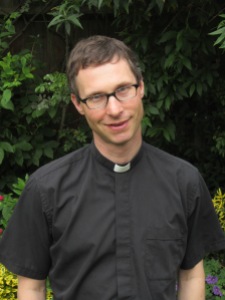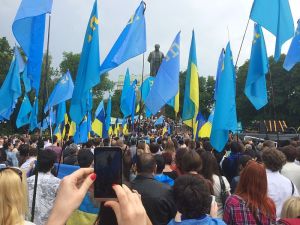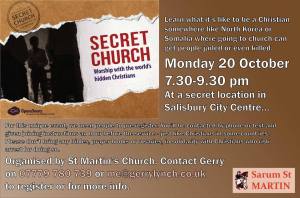Originally posted on Slugger O’Toole…
It was a summer Friday in 2008, and we were in a provincial town West of the Bann. Jordin Sparks was Number 1 and Ian Paisley’s tenure as leader of Our Wee Country had ended a few weeks before. We’d planned a day trip, but we’d ended up exploring a bit further than expected. It was chilly for June, but the showers from earlier had cleared into that gorgeous, soft, summer evening light that is the thing I miss most from home.
Why drive all the way back to Belfast, we thought? Why not check into a B&B for the evening, have a nice meal out, and explore even further the next day? I had just bought my first car. I could drive with L plates as long as he was in the passenger seat. I’d never driven so far before. It was all very exciting.
The local tourist office helpfully supplied some numbers, and the first number we called was very keen to let us a double room, and we were very keen on the price. There was no rush, so we’d be along in a few hours’ time. After a bit more sightseeing and church crawling, we arrived at our lodgings for the evening.
Our hostess was very definitely a West of the Bann Protestant lady of a certain age and social standing. When I said I was the Mr. Lynch who’d booked the double room a few hours before, she looked positively alarmed.
“Now, you asked for a double room”, she says, dispensing with any pleasantries, “but it’s really a twin room you want, isn’t it?”
No, I insist, we really do want the double room we’d booked. Continue reading









